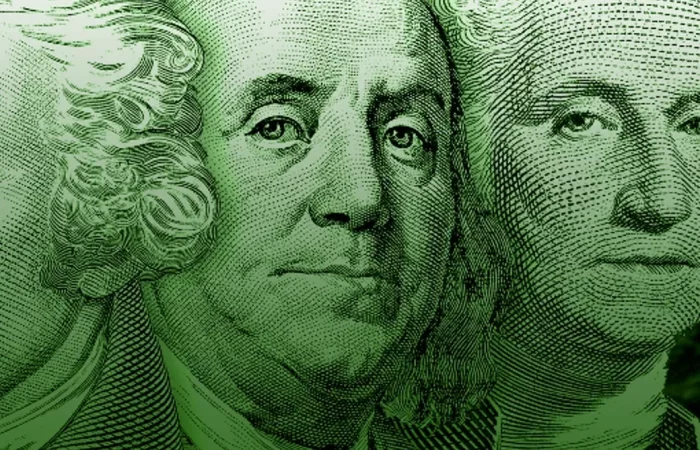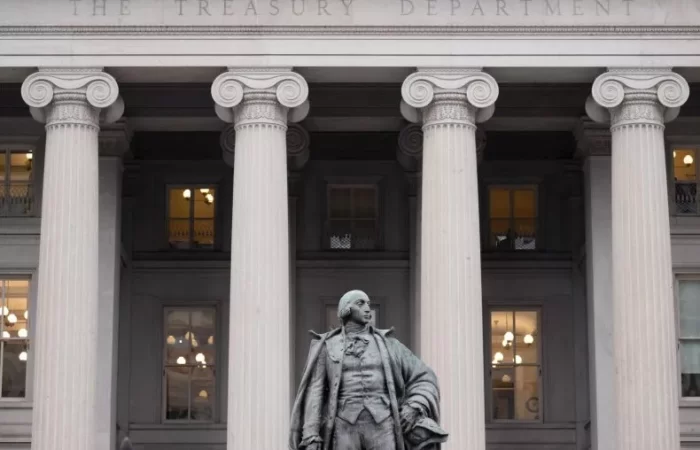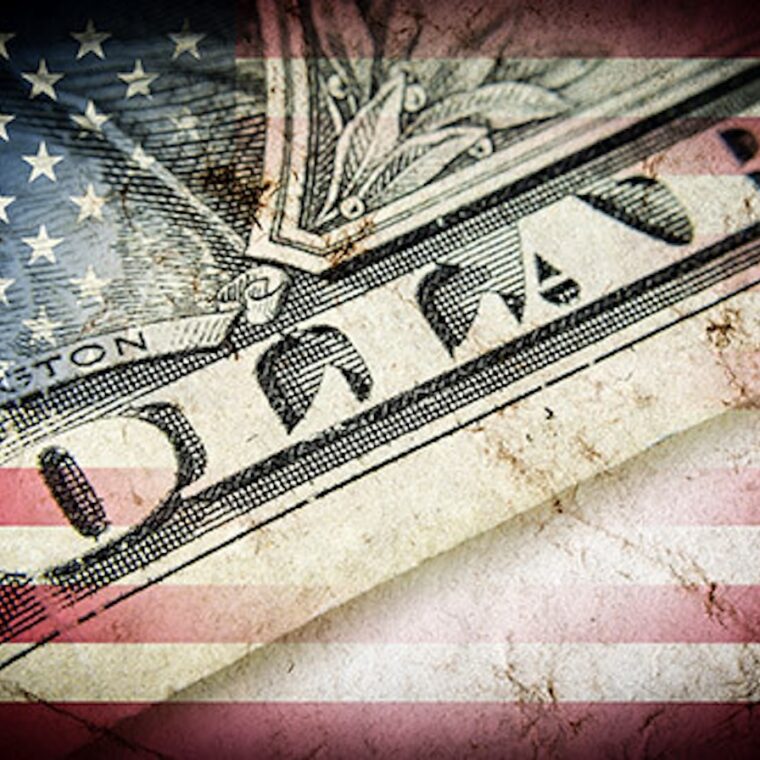The sharp and growing imbalance between the wealthy and the rest of Americans dramatically alters how public policy itself is formulated—and what those policies ultimately look like.
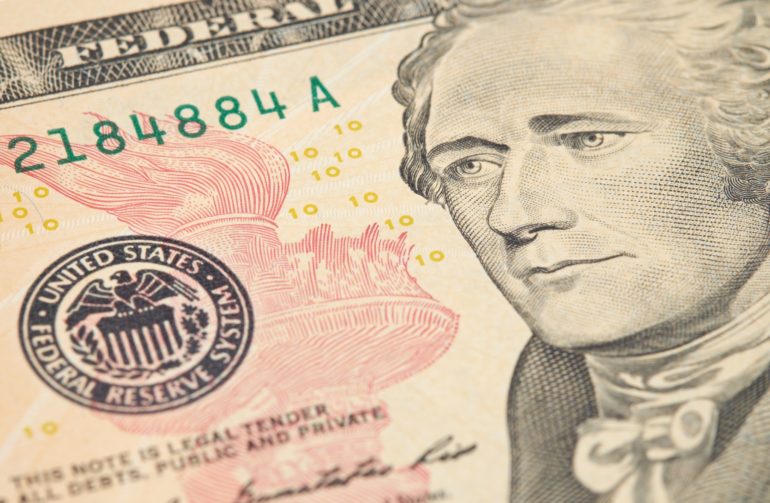
The US democracy crisis is not only a matter of voting; it is also a deeply economic crisis. The sharp and growing imbalance between the wealthy and the rest of Americans dramatically alters how public policy itself is formulated—and what those policies ultimately look like. American politicians and policymakers are consistently more responsive to the preferences of the wealthy, which drives public policies that further concentrate wealth and power for the most resourced constituencies and corporations. The result is a vicious cycle where economic inequality breeds political inequality, which in turn exacerbates economic inequality. That cycle can only be broken if we understand how these inequalities work and feed each other.

Putting African Aspirations First
But while the crisis of economic and political inequality is severe, we are also in a moment of remarkable innovation and mobilization in public policy and civil society. These developments, if pursued to reality, can help break the vicious cycle of self-reinforcing inequality and replace it with a more virtuous cycle of self-reinforcing democracy."
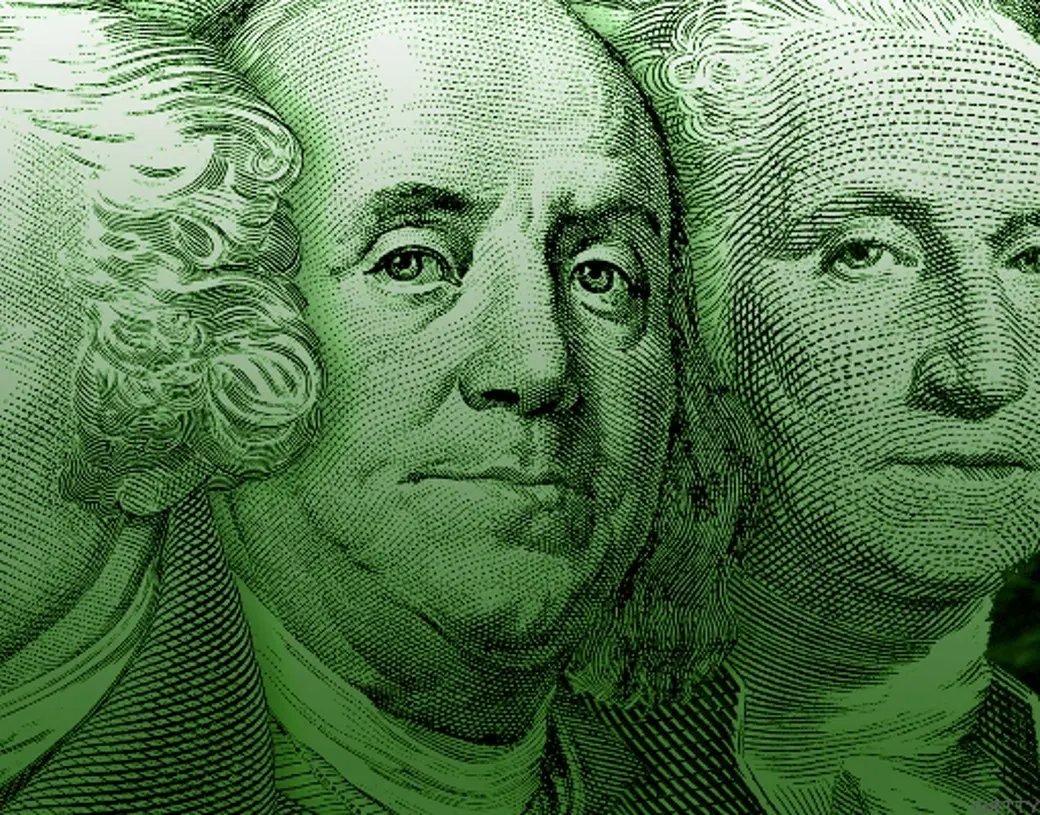
Deep Economic Inequality
We are mired in a rampant and historic crisis of economic inequality, as more and more wealth is concentrated at the top. We can measure this in a number of different ways. Take wages: since the 1980s, American productivity (measured as how much workers produce per hour) has increased, but wages have been stagnant. Or economic security: even though we have seen headline indicators of aggregate economic strength, for many Americans, economic conditions remain precarious and far from secure (which is defined as having an income that is enough to meet basic expenses, including modest asset accumulation). Or consider business concentration: corporations have become larger, more powerful, and more profitable within their market sectors, which has led to higher prices, fewer new and innovative businesses, lower wages, and less worker autonomy.
These various measures of economic inequality suggest that the fundamental problem is not the lack of worker skills, which would imply that more and better education is the central answer. Nor is the problem simply a matter of annual income, though income inequality is a serious issue. No, the core economic problem is one of power, with wealth and influence concentrated at the top of American society and business.
This is the economic crux of our democracy crisis: Very few people and firms have outsized political influence. This leads to inequality-increasing policies that favor the wealthy. In other words, democracy in the United States closely approaches what political scientist Jeffrey A. Winters calls “civil oligarchy”—rule by the wealthy few wherein the role of the state is to enforce property claims on behalf of the ruling class, and where the greatest threat to that class is taxation or some other form of income redistribution. And, of course, American civil oligarchy is heavily skewed by patterns of durable racial and gender inequalities.
Realizing a truly inclusive democracy requires tackling this parallel problem of economic power. Economic policy has to be understood as involving more than the conventional list of kitchen table issues like wages, benefits, household debt, and safety net policies (Social Security, Medicare, unemployment). Economic policy also goes beyond technical, macroeconomic concerns of GDP growth and stability (meaning lack of financial crises). While these issues are important, they must be understood as part of a larger conversation about the governance of our economy. What matters is not just the quantity and distribution of resources and opportunities; it also matters a great deal who has the power to shape our economic life and how they exercise that power.
Three Challenges
We call for democratizing economic power. This means policymakers today must tackle three key challenges. First, the extreme concentration of economic control in the hands of a small number of corporate and financial firms must be dismantled and rebalanced. Second, the countervailing power of both government and civil society, particularly workers, must be expanded to ensure that economic decisions reflect the full range of interests and constituencies. Third, communities—especially those most affected—must have more direct influence in the business of economic decision making, whether it is within the firm, on the local zoning board, or in the administration of national policymaking at the federal level. The principles of belonging and inclusion must be at the forefront of this effort, especially in a multiracial America.
Our hypothesis is that rebalancing power in this way will drive more growth and lessen the cumulative economic inequalities (of income, wealth, security, and access) of the last 40 years. Policymakers must do so in ways that actually make the US economy more democratic, which means creating more inclusive decision making at various levels of policy.
The Neoliberal Stranglehold
For much of the late 20th century, economic policymaking and public political discourse operated from the presumption that markets would bring more growth, better distribution, and less systematic racial and gender exclusion. It’s the result of explicit narrative strategies to make these ideas seem like common sense, and it started as an intellectual idea, developed mostly by Milton Friedman, Friedrich Hayek, and others who formed the backbone of the Mont Pelerin Society and, ultimately, the Chicago School of Economics.
But as neoliberalism evolved, it became more than just a preference for market systems to solve both economic and social problems. It also involved a deep distrust of, and deliberate resistance to, the public in two ways. First was opposition to the government providing public goods. Neoliberals, at minimum, portrayed government as prone to capture, inefficiency, and failure. Maximally, neoliberals equated “the state” with Soviet-style communist central planning. All of this led to the “smaller government, less regulation, lower taxes” mantra that became central to American politics by the 1980s, even as conservatives embarked on a project not to liberate markets, but to use the state to encase them.
The second opposition to the idea of the public involved an attempt to resist the popular exercise of voice and decision making exemplified in the civil rights and women’s rights movements of the 1960s and ’70s. Economic experts, businessmen, and politicians especially objected to the state when its power was used to expand civil rights regimes. As historian N.B.D. Connolly reminds us, neoliberalism of the ’70s and ’80s was “a story about backlash and the panic-selling of state functions—literal ‘white flight’ from liberalism.”
Neoliberalism, then, may have started primarily as economics, but it became politics: the use of power to make sure that some had access and others didn’t. By the 1980s, American democracy was structured around a political alliance of free-market thinkers, big-business interests hostile to the New Deal settlement, social conservatives, antifeminists, and anticivil rights groups. Not everyone with these views signed on to everything that their political bedfellows believed, but this configuration of interests proved to be a powerful foundation for the conservative dominance of politics and public policy for the last half century.
The neoliberal ideological undercurrent has helped drive, legitimize, and validate a policy agenda that has not delivered the equitable growth it once promised. Instead, it has further concentrated economic wealth and power and further weakened democratic reforms. “Right to work” laws in the states have proliferated, as have a slew of judicial opinions that have severely undermined the ability of workers to organize. The antigovernment and antitax revolution of the Reagan era led to a persisting proliferation of “balanced budget” requirements at the state and local levels, and sporadic spasms of concern about the federal deficit. The result was less economic security and less voice for working people, and proposals to cut public provision of health care or other income supports were validated by the argument that people need to “stand on their own two feet.” But such fiscal prudence is curiously absent in the face of conservative dismantling of the government’s tax base.
We also see these presumptions in shaping liberal policy vision. Consider how even with unified control of the federal government, the Obama administration stopped short of the kind of economic stimulus that was needed to arrest the slide into the Great Recession of 2008. Or the predilection of many liberal reformers to prefer incremental improvements in the safety net through hidden transfers like tax credits rather than through more politically sustainable and inequality-reducing commitments to public provision and public options.
The result of these conservative policy ideas—and these self-limited liberal reforms—has been to facilitate the economic inequality and control that now shapes the vast majority of Americans’ lives.
De-Rigging the Economy
By contrast, building a more inclusive economy and democracy requires policies that address three critical front lines:
- Create a new policy agenda to shift economic power. This new agenda must dismantle the concentration of corporate power and its control over the economy itself. We should look at new antitrust efforts, from stronger enforcement to new standards of effective competition (taking into account harms to workers, suppliers, and market competition generally, rather than focusing on price alone).
- Build up the countervailing power of government and civil society. The decline of labor unions is a key reason why wages have stayed stagnant and the electoral returns have shifted in favor of conservatives. Furthermore, the dismantling of government regulatory regimes has further concentrated wealth and power in the corporate sector. The gutting of federal budgets and tax receipts has similarly fueled the hollowing out of the modern safety net. An inclusive economy requires robust government and robust worker organizing to push for and defend these policies in the political arena.
- Craft institutional designs that democratize economic governance more broadly. These must lie outside the episodic moments of elections and focus on the day-to-day of economic policymaking. To better distribute wealth and opportunity requires the workers and communities most affected to have a voice in the governance of these economic institutions. New forms of worker voice and more democratic forms of governing corporations, shifting firms from acting like quasi-authoritarian “private governments” to workplaces that treat stakeholders equitably, can help ensure an equitable flow of value.
The crises of democracy and inequality are deeply interrelated. Concentration of political power helps ensure that public policies continue to serve the interests of the wealthy and well-resourced. Meanwhile, concentration of economic power helps megacorporations and wealthy interests dominate, while also ensuring a concentration of political influence that blunts policies that could undermine this vicious cycle. Realizing democracy requires democratizing economic power across the areas of corporate power, public power, and inclusive economic governance.






